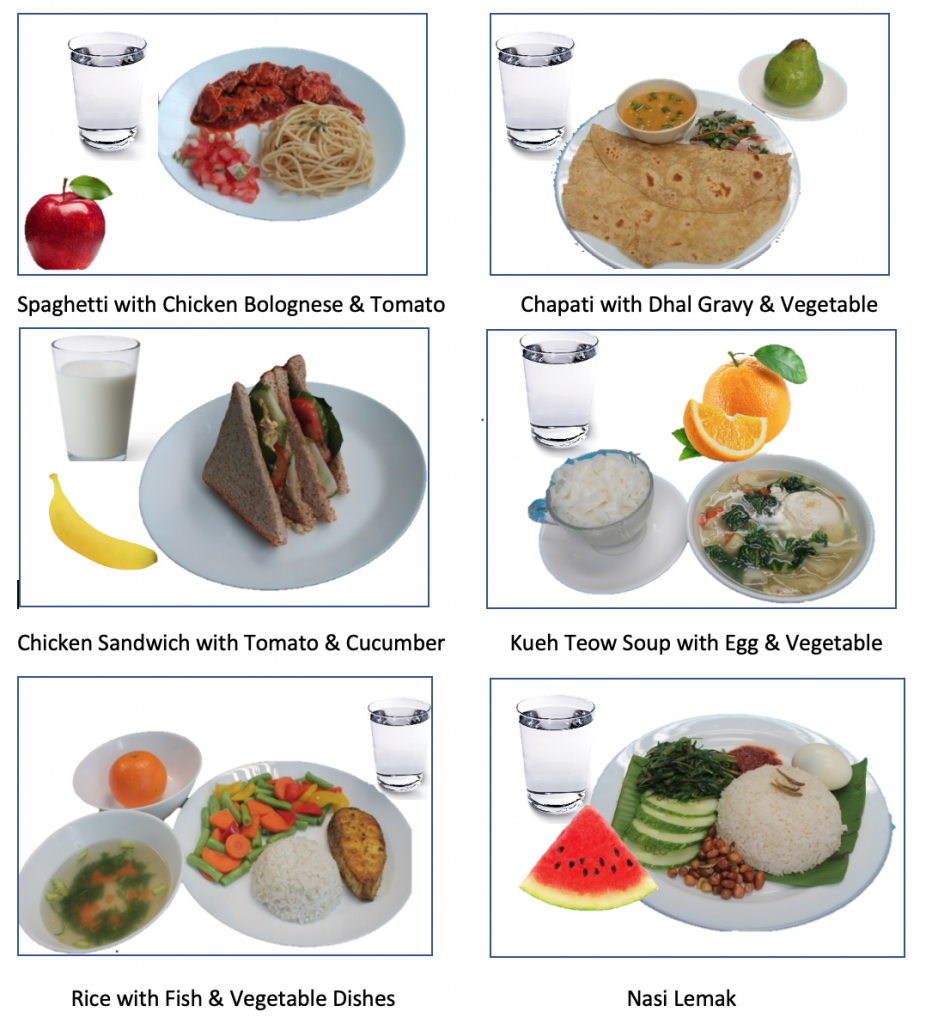The Consumption of Multivitamins: Is It Necessary?
"Pills are not a shortcut to better health or the prevention of chronic diseases," says a nutritionist who is actively advocating for healthy eating, while another nutritionist suggests that you must take supplements to make up for the daily recommended nutrient intake (RNI) that is not met. Are you familiar with this situation? The question is, "How do we go about it?" Do we need supplementation, or do we not need supplementation?
MAYBE is the answer to these questions. Yes, perhaps you need supplementation, or perhaps you do not need supplementation. In this article, we are focusing on healthy adults (men and women), not on those with special needs who really need supplementation as per recommendations by medical professionals.
When it comes to nutrition supplements, there are various schools of thought. Here's the baseline: the MOST IMPORTANT thing for a healthy adult to do in order to maintain healthy health is to EAT HEALTHY. Now comes the question: how do I eat healthily when healthy food is so confusing?
The bottom line for healthy food is easy: eat three servings of vegetables and two servings of fruits per day. Limit your fat and sugar intake, especially from sugary beverages. Make sure the cooking method is a healthy one such as blanching, steaming, or grilling, and lastly, the individual should exercise regularly for at least 150 minutes of exercise five times per week (1, 2).

Wait a minute, after reading the above and reflecting on our current living situation, you might think, "This is hardly possible; there are people who work in shift schedules; there are people who work from 7 AM to 6 PM with no time to prepare a meal on their own; there are people who have many other commitments to whom eating simply means shove food down their throat and be full!"

Examples of healthy plate.
Of course, as a nutritionist, I prefer healthy eating to vitamin and supplementation, but in light of our current situation, we should instead educate people on how to choose supplements that are appropriate for them and how to determine whether they need supplements at all.
There are a few guidelines set by the Harvard School of Public Health on how to know the kind of supplementation that we need to take and our body's signs of needing a supplement (3, 4).
-
Say no to ‘high dosage.’
By saying no to high, we mean that any supplements that provide high dosages of vitamins and minerals need to be taken off the list. Check your nutritionist's recommended nutrient intake (RNI) and only take supplements that are equivalent to that. (E.g., the RNI for vitamin C for adults, both male and female, is about 70 mg; thus, choose your vitamin C supplementation around this amount.) In order to identify the supplements that are right for your health, you need to identify your eating pattern. If you are a picky eater, you must identify the foods that you do not normally consume, such as vegetables, fruits, protein-based foods, and so on. A nutritionist will then identify the nutrients that you are likely missing from your eating pattern and recommend a vitamin intake that is appropriate for your eating pattern. Those who do not eat vegetables, for example, may be deficient in fibre and antioxidants, so taking a fibre supplement or probiotics may be beneficial. As for people who rarely eat protein-based foods such as fish, poultry, and meat, they are at risk of lacking the B-complex vitamin. As a result, a single multivitamin is not the answer to all; each eating pattern must be observed to determine the supplements required to compensate for any loss.
-
Say no to ‘super.’
There are numerous supplements on the market that claim various health benefits, particularly those advertised on television and the internet. Most of these are only based on testimonials saying that they are ‘super’ vitamins, etc. for health. Do not be swayed by these wild health claims. If it sounds too good to be true, you can be sure it is! Save your money for something even more beneficial, like healthy food and a good vacation for your mental health!
-
Say no to ‘cure.’
Most of the vitamins or supplements are meant to compensate for what is lost and to alleviate some of the health problems. Once there is a strike of an illness, usually there is just no turning back, e.g., diabetes, which is a lifelong health problem where a patient with diabetes needs to control their sugar intake for life and thus take care of their diet. Thus, it is the management of the disease that is important to not make it even worse, so here is how diet, supplements, and physical activity play important roles. However, for some other illnesses, such as occasional joint pain, the intake of certain supplements might help, but then again, it is on a case-by-case basis.
-
Holistic Care
Most people regard supplements as "super pills," where they think that if they consume these supplements, they do not have to eat healthily or even exercise. Oh, my goodness, that is completely incorrect! Every nutritionist must ensure their customers or patients understand that by taking supplements, they still need to eat healthily and exercise; supplements are just meant to make up for whatever vitamins they do not get from their poor eating habits. Which means if you are eating well, have a good range of weight, are not a picky eater, and have no problem understanding what consuming healthy food means, you do not have to consume supplements; just continue to eat healthily and exercise. But for those who are showing symptoms of lethargies, scurvy, severe weight loss, poor appetite, a hectic schedule, a poor eating habit, etc., these are the people who need to consume supplements!
To summarize, in today's hectic lifestyle, supplements are critical to maintaining good health. By all means, try to understand how to eat healthily, but if you frequently fail to do so, it may be time to consider taking supplements. However, before taking any supplements, consult with a health professional, such as a medical doctor or a nutritionist!
References
-
Jennifer Warner (2012). WebMD. 30 Minutes of Daily Exercise is enough to shed pounds. https://www.webmd.com/fitness-exercise/news/20120824/30-minutes-daily-exercise-shed-pounds (Accessed on June 25, 2020)
-
Edward R. Lawoski (2019). Mayo Clinic. How Much Should The Average Adult Exercise Every day ? https://www.mayoclinic.org/healthy-lifestyle/fitness/expert-answers/exercise/faq-20057916#:~:text=For%20most%20healthy%20adults%2C%20the,of%20moderate%20and%20vigorous%20activity. (Accessed on June 25, 2020).
-
Harvard T.H Chan. School of Public Health. The Nutrition Source. Nutrition Insurance Policy: A Daily Multivitamin. https://www.hsph.harvard.edu/nutritionsource/multivitamin/ (Accessed on June 25, 2020).
-
Org. Vitamins: Hype or helps for healthy eating. https://www.heart.org/en/healthy-living/healthy-eating/eat-smart/nutrition-basics/vitamin-supplements-hype-or-help-for-healthy-eating#:~:text=%E2%80%9CA%20supplement%20will%20generally%20provide,healthy%20food%2Dbased%20diet.%E2%80%9D (Accessed on June 25, 2020).




